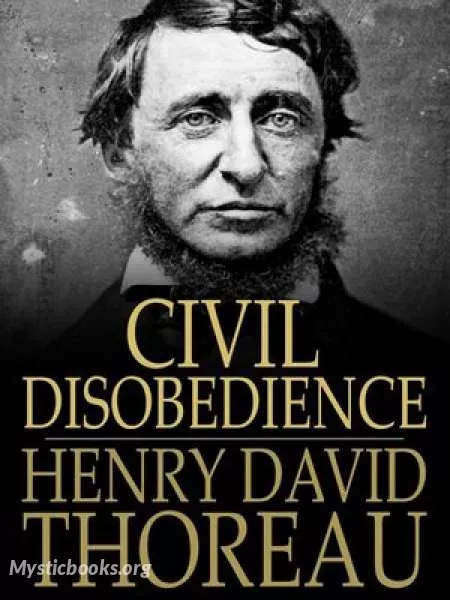
On the Duty of Civil Disobedience
'On the Duty of Civil Disobedience' Summary
Thoreau asserts that because governments are typically more harmful than helpful, they therefore cannot be justified. Democracy is no cure for this, as majorities simply by virtue of being majorities do not also gain the virtues of wisdom and justice. The judgment of an individual's conscience is not necessarily inferior to the decisions of a political body or majority, and so ". It is not desirable to cultivate a respect for the law, so much as for the right. The only obligation which I have a right to assume is to do at any time what I think right.... Law never made men a whit more just; and, by means of their respect for it, even the well-disposed are daily made the agents of injustice." He adds, "I cannot for an instant recognize as my government [that] which is the slave's government also."
The government, according to Thoreau, is not just a little corrupt or unjust in the course of doing its otherwise-important work, but in fact the government is primarily an agent of corruption and injustice. Because of this, it is "not too soon for honest men to rebel and revolutionize".
Book Details
Authors
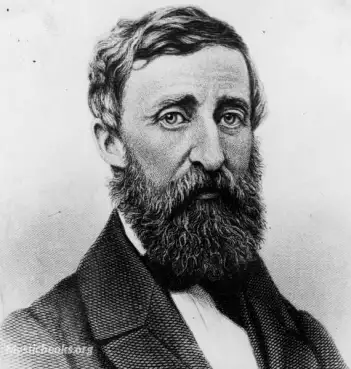
Henry David Thoreau
United States
Thoreau's careful observations and devastating conclusions have rippled into time, becoming stronger as the weaknesses Thoreau noted have become more pronounced. Events that seem to be completely unre...
Books by Henry David ThoreauDownload eBooks
Listen/Download Audiobook
Related books
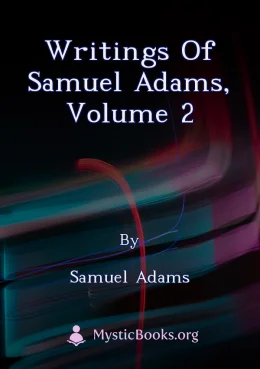
Writings of Samuel Adams, Volume 2 by Samuel Adams
This volume contains a collection of writings by Samuel Adams, a prominent figure in the American Revolution, spanning from January 1770 to March 1773...
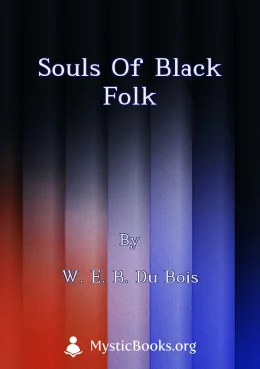
Souls of Black Folk by W. E. B. Du Bois
The Souls of Black Folk is a well-known work of African-American literature by activist W.E.B. Du Bois. The book, published in 1903, contains several...
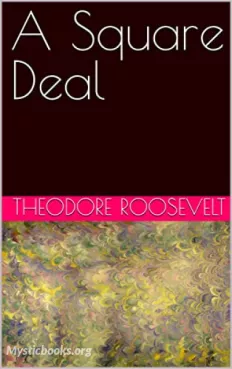
A Square Deal by Theodore Roosevelt
In this, Roosevelt discusses his belief in the importance of social justice and fair treatment for all individuals, regardless of their background or...

The Forgotten Man and Other Essays by William Graham Sumner
In this, Sumner presents a essays on a variety of topics, including economics, politics, and social issues. Each essay is characterized by Sumner's cl...
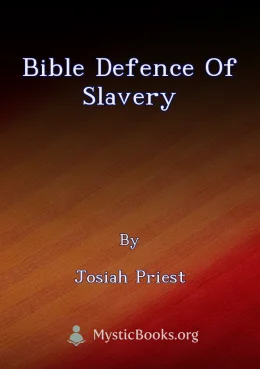
Bible Defence of Slavery by Josiah Priest
This book is a compilation of pro-slavery literature and propaganda that was widely circulated in the Southern United States before the Civil War. It...
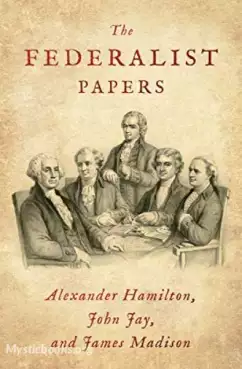
The Federalist Papers by Alexander Hamilton
In order to promote the ratification of the United States Constitution in the late 1780s, Alexander Hamilton, James Madison and John Hay wrote a serie...

Letters to Catherine E. Beecher in Reply to an Essay on Slavery and Abolitionism by Angelina Emily Grimké
It is a response to an essay by Catherine E. Beecher, who argued that women's place was in the home and that slavery was a necessary evil. In her let...
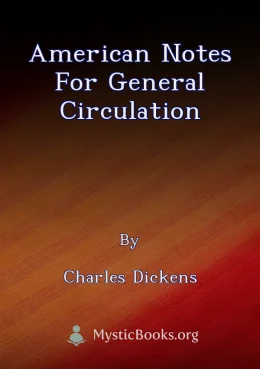
American Notes for General Circulation by Charles Dickens
Charles Dickens's *American Notes for General Circulation* is a candid and insightful travelogue that chronicles his journey through North America in...

The Philadelphia Negro: A Social Study by William E. B. Du Bois
The book is a detailed sociological study of the African American population in Philadelphia at the turn of the 20th century. It examines the social,...
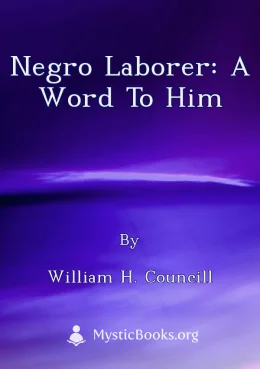
Negro Laborer: A Word to Him by William H. Councill
In 'Negro Laborer: A Word to Him', William H. Councill offers practical advice to the African American labor force of his time. Drawing from his exper...
Reviews for On the Duty of Civil Disobedience
No reviews posted or approved, yet...